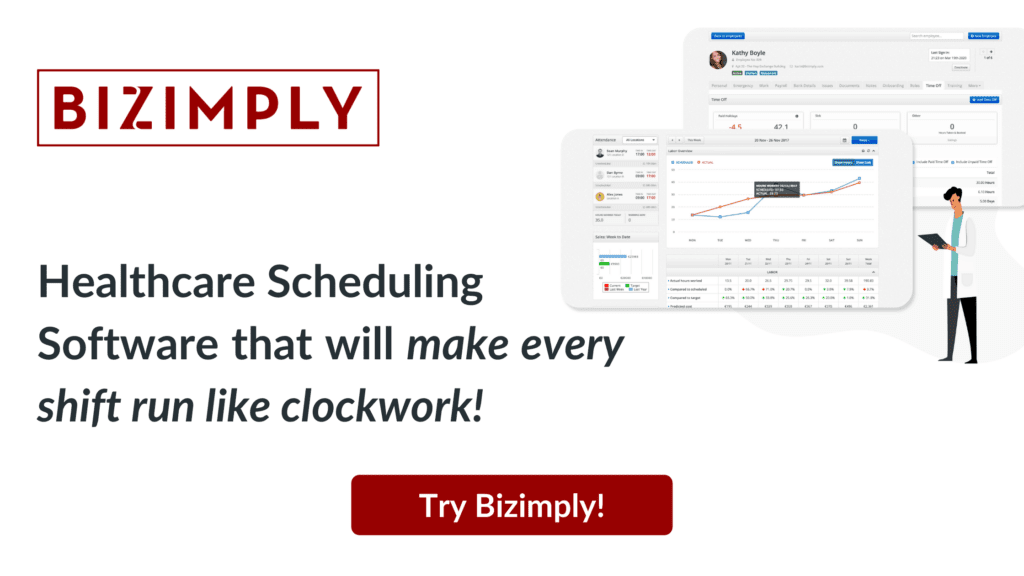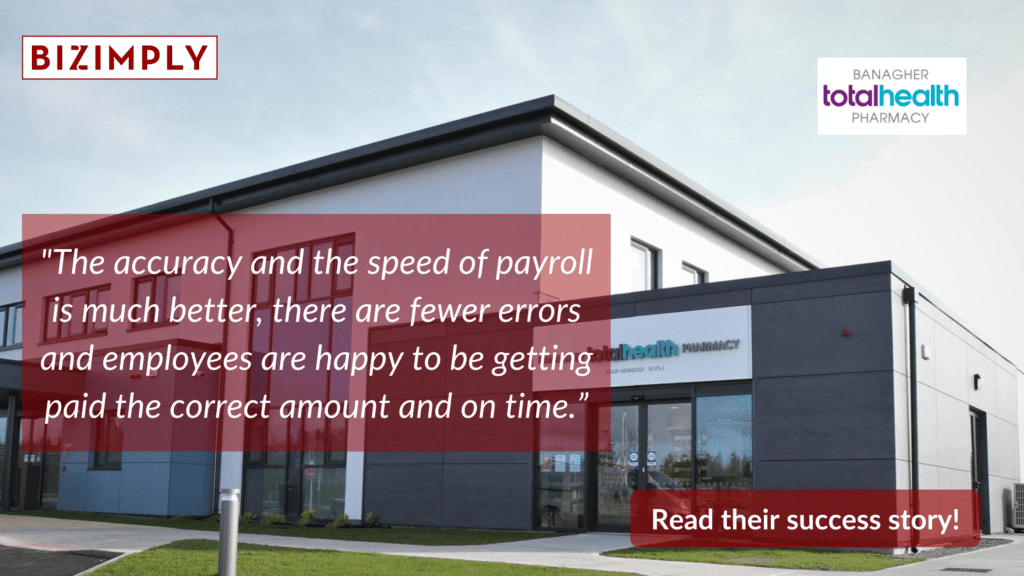How can we define Compliance?
Compliance is simply; ‘complying with legal requirements’. Accountability in relation to complaints lies with the legal person carrying on the particular business, that could be an individual proprietor, it could be a partnership, an organisation. There are then individuals within organisations that can be accountable; directors being the obvious example, but often external agencies will try to enforce guidance rather than legal requirements.
It’s always important to look to see what actually is required in terms of compliance, any regulatory action has to be based on non-compliance with a legal requirement, it can’t just be based on guidance.
The scope of compliance is very broad itself, we live in a heavily regulated society, particularly in the health and social care industry and there are also all the agreements that go with running businesses, most notably agreements with your staff.
There are some legal requirements that are quite straightforward and clear, the obvious one being that if you want to run a care home you have to have a registration or another example is notifying CPC of a particular issue that arises, such as the death of a resident in a care home.

Some compliance regulations may be less clear, typically that is where regulations are very broad and problems will arise around legislation affecting health and social care. An example of this would be having a sufficient amount of staff that cover patient demand. It can be quite impressionistic in terms of what is required under regulation and also where regulations are ruled in nature.
Further then, we have to turn to guidance to interpret the regulation and form a view about whether there is the possibility of a breach of a statutory requirement.
There are many cases where you are reporting to a regulatory or a commissioner; not always will you agree with their view and their analysis of the alleged breach. There’s always going to be a subjective element in judging whether a service is compliant or not, which reveals the inconsistency that can occur. The healthcare sector in particular, in terms of regulation, has to deal with conflicting compliance issues.

Strong evidence to weak evidence?
Of course all evidence and resolutions are decided upon by the courts, however, this encompasses time and expenses as well as management of the issue.
Evidence can be made up of natural or opinion evidence that can be put forward by external agencies. The best evidence is objective evidence, if you’ve got the existence of an accurate and clear record; that could be an employment record, a maintenance record
Direct evidence is obviously a strong base of evidence, but even there you’ve got to be careful as you need to contextualise it and you’ve got to analyse it.
Weak evidence will consist of notes that are not legible, dated or signed properly, incorrect keeping of records or misplacement.
Very often, there are cases where lawyers have to do what is called ‘triangulating evidence’ or corroborating evidence from a variety of sources in order to make a judgement about the compliance issue.
This could involve talking to people, observing care, tracking the pathway of care and treatment for individuals, looking at documentation, at records and more increasingly digital records.

Today, external agencies expect there to be systems and processes in place with care businesses. There’s the growing awareness in social care of the importance of technology as a tool for driving quality and staying compliant in the workplace.
What does Compliance involve?
Compliance isn’t just about CQC, there are also elements of a care business in which you need to be compliant even if you’re not being rated or inspected in these areas.
Being compliant is still important despite the fact that you’re not necessarily being rated, it can still have a dramatic impact on how the care business functions. For example, marketing compliance, business development compliance, safe recruitment practices, is your culture compliant with what would be regarded as positive culture? GDPR compliance, effective care delivery, effective risk management and so on.
For years, care businesses have pretty much all done the same thing when it came to HR support policies. Many of them outsourced these policies, often they wouldn’t officially come from a care background and these companies don’t have any care experience.
This would cause issues when it came to giving advice that wasn’t helpful, and questions how companies who don’t have experience in care provide consistent and effective advice to care companies. It’s important that the advice that you’re receiving is coming from the best reliable source.
Importance of record keeping
Good record keeping will help compliance.
Some of the biggest issues that are facing the care sector at the moment are vacancy rates, focusing purely on the staff side of the business. With 10% vacancy rates, that puts the operators at a huge risk. If you’re short staffed in a care home, that can have pretty disastrous consequences, not even on a compliance level, but on a care level too. We don’t want our residents and patients to be put at risk, and so staff levels are probably the single biggest issue facing the sector.
As discussed above, the requirement for objective evidence is essential, a potential compliant and non-compliant case can be very quickly resolved with objective evidence.
Questions to consider:
- Did you have enough people working at that particular time?
- Were staffing levels correct?
- Do we have the right people, with the right skills working at that particular moment in time?
- Are our records of training these individuals up to scratch?
- Is their ‘right to work‘ documented?
Being able to store these records and pull them up when requested is extremely important. It is the difference between a manager being able to operate efficiently and take away the headaches, whilst delivering the best possible care to their residents and patients. Demonstrating compliance through documentation will keep your business on the right track.





